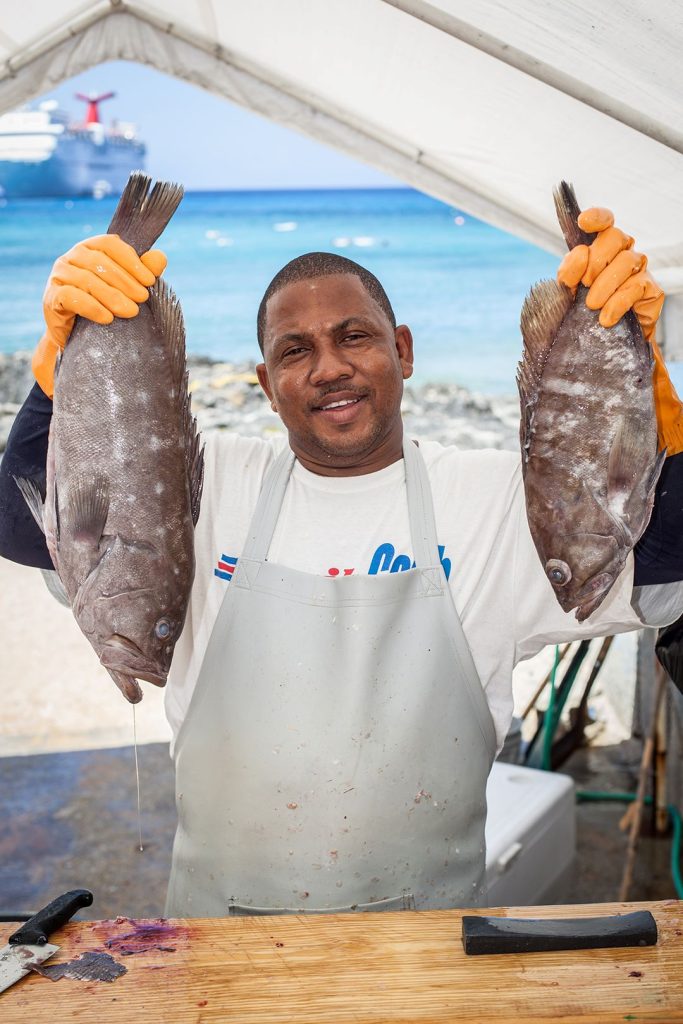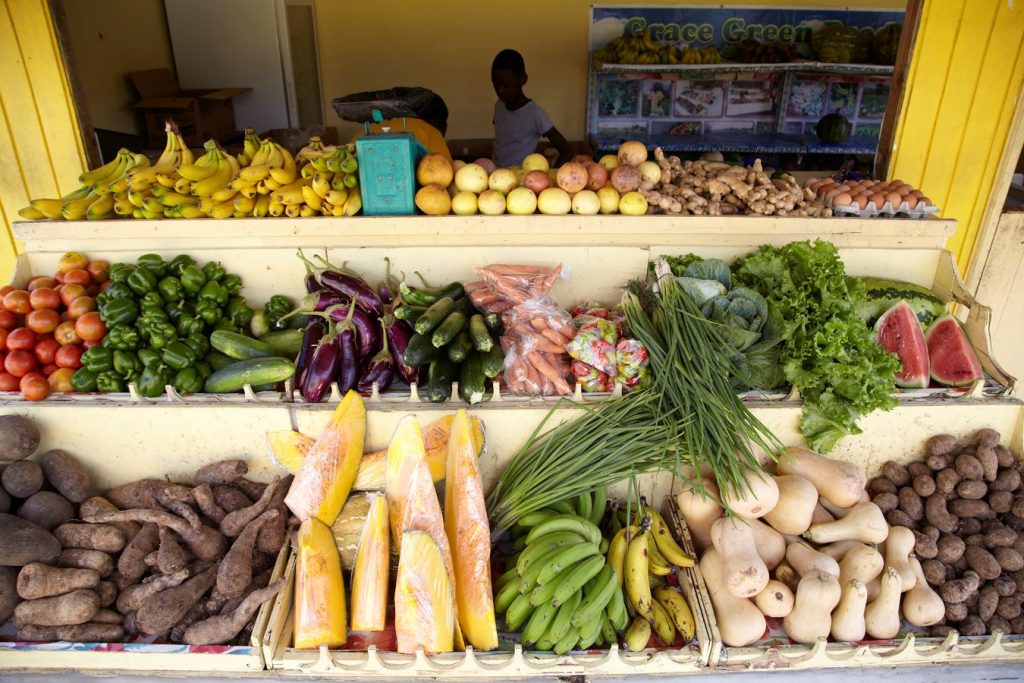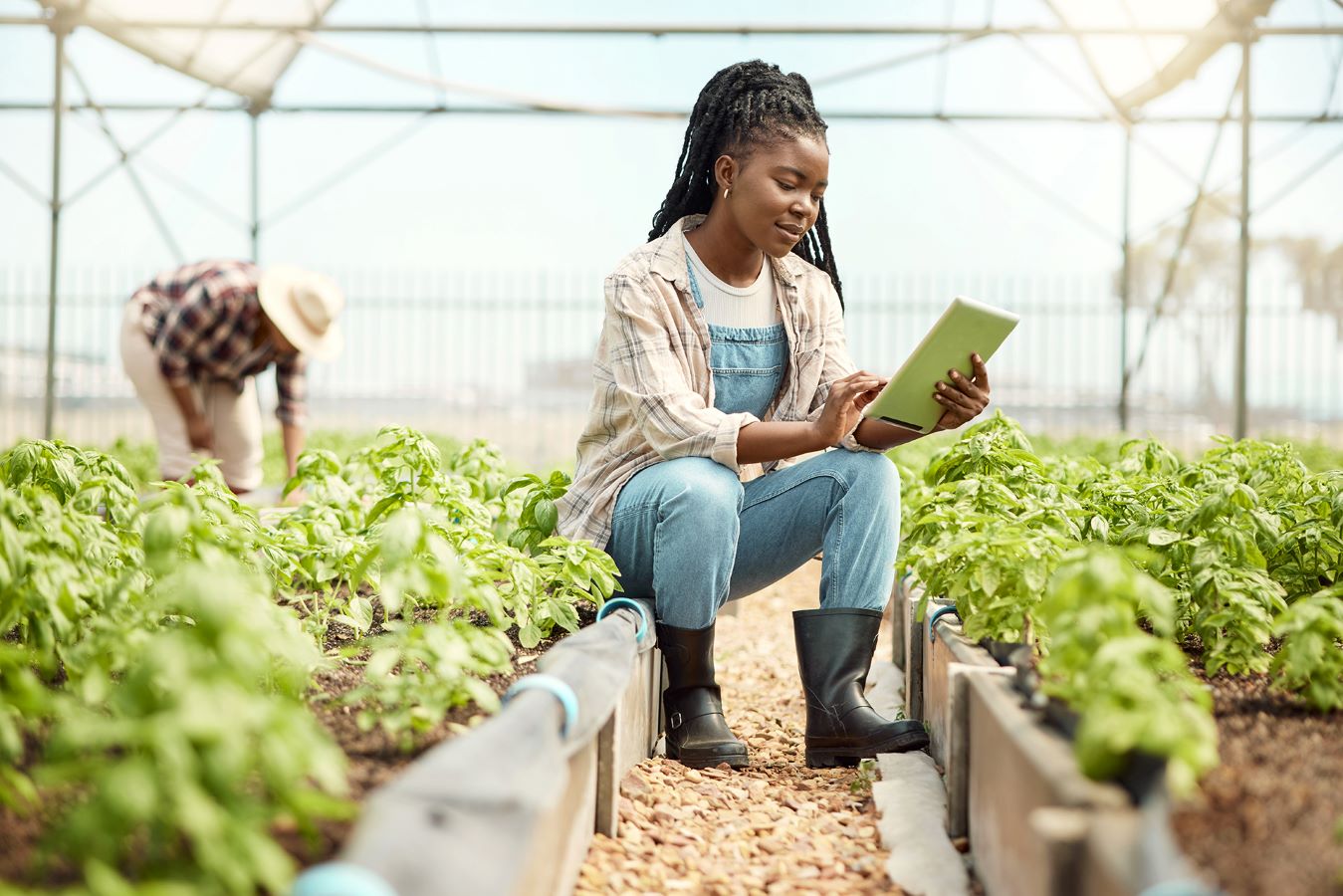Consumers around the world are demanding more from the agricultural sector.
Today there is more information available about what goes into producing food and an enhanced awareness of the environmental impact and carbon footprint left from its production. Armed with this knowledge, consumers have been demanding that more environmentally responsible and ethically sound practices be used in growing crops and raising livestock.
In a paper produced by the Inter-American Institute for Cooperation on Agriculture (IICA) on the role of consumer preferences in agricultural production practices, the authors noted, “Overall, consumers in the 21st century have changed dramatically. They now demand to know everything they can about what they consume: who produces the food, how it is produced and how it is distributed. There is a growing desire to know more about the primary production process and to establish a special connection with agriculture. Humans wish to feel safe in every dimension, which also extends to food; ensuring a healthy diet and avoiding foodborne diseases has become the trend.”
In the Caribbean, consumers have become increasingly aware of both the economic and environmental costs of food importation. They are also aware of the linkages between the quantity and quality of the food they consume, and the incidence of chronic, non-communicable diseases plaguing their communities. These facts, among other things, are shaping and changing their food demands.

In a 2020 article on Lonely Planet that reviewed how some Caribbean islands were supporting sustainable agriculture, it was noted that the demand for local produce and sustainable seafood in Grand Cayman had “grown exponentially, creating a circular effect in which farms utilising greenhouses and fishermen abiding by eco-friendly practices now have increased capital to expand their operations.”
In the article, Executive Chef at the Kimpton Seafire in Grand Cayman, Massimo De Francesca, explained, “In Grand Cayman, we have a great outpouring of community encouragement for local farmers markets to showcase locally grown food items and sell products at local stands.”
This is just one example of how local demand for sustainably grown or harvested food is creating opportunities for the sector. It’s also proof that sustainable practices can be viable and profitable in the long run.
Consumers are also calling for more organic produce, free of harsh chemicals. Regional farmers, in turn, have been shifting to organic farming, transforming their operations and gaining certifications as organic producers. Furthermore, as more people recognise the importance and benefits of sustainable farming practices, innovative agripreneurs have emerged. They are creating sustainable, eco-friendly solutions that are advancing organic farming practices.

The choices and demands that consumers are making are forcing the evolution of the agricultural sector across the region. However, there is much more work to be done in order to realise the full potential of sustainable agriculture for individual islands and the region as a whole.
That’s why sustainable agriculture is one of the key issues that will be addressed at the upcoming Caribbean Investment Forum (CIF) 2024. The third iteration of the seminal event developed by the Caribbean Export Development Agency (Caribbean Export) will be held in Guyana from July 10 – 12, 2024, bringing together global investors, innovators, industry leaders and policymakers to discuss opportunities across four key tracks – Sustainable Agriculture, Green Economy Transition, Digitalization of Business, and Sustainable Development.
The panel discussion “Fields of Fortune: Investing in Sustainable Agriculture for a Flourishing Caribbean” will be particularly beneficial to attendees seeking to engage regional partners or find investors for agricultural projects. The moderator will be the General Manager of Guyana Marketing Corporation, Teshawan Lall. Panelists include: Sustainable Agriculture, Food & Innovation, Entrepreneur, Consultant, Jody White; Director – Investments US International Development Finance Corporation, Patrick Starr; Head of Agribusiness, IDB Invest, Carlos Eduardo Narvaez; and Chief Executive Officer Latitude Geospatial, Dr. Haimwant Persaud.
The Sustainable Agriculture Showcase is also sure to draw great interest from attendees and will feature a blitz presentation from White on Harvesting Hope: Sustainable Agriculture, and two Farm-to-Table Marketplace presentations.
Be part of CIF 2024 to discover how sustainable agricultural practices are evolving in the Caribbean and how you can contribute to the transformation.
Register now at https://caribbeaninvestmentforum.com! Join us at the CIF 2024 in Guyana!
